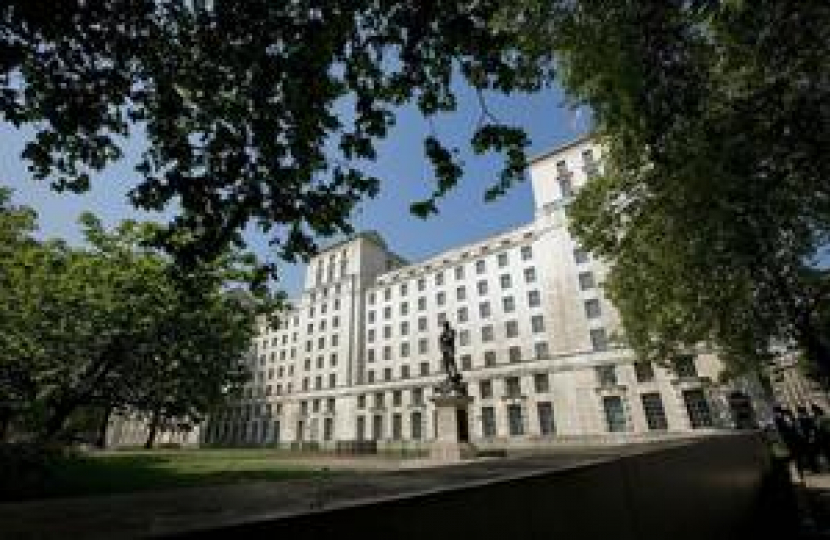
A £2.5 billion investment in stockpiles and a Global Response Force are behind a refreshed plan to improve the warfighting readiness of the British Armed Forces
- £2.5 billion additional investment in our stockpiles to improve fighting readiness
- A UK Global Response Force will enable forces to ‘get there first’
- Greater focus on science and technology to gain the edge on the battlefield
The Defence Command Paper Refresh (DCP23), which will be published today (18 July), takes learnings from the war in Ukraine – and wider threats to our security – and sets out a plan to deliver a credible warfighting force that will keep us on track to act as a global heavyweight both now and in the future.
It follows the publication of the Integrated Review Refresh earlier this year, which identified Russia as the most acute threat to our security, recognised China as a long-term systemic challenge, and predicted a more adversarial international system.
The DCP23 outlines how the British Armed Forces will modernise and adapt to the changing global picture and, in particular, we will prioritise investment in science and technology to ensure we have a force greater than the sum of our parts.
It sets out:
- An additional £2.5 billion investment into our stockpiles and munitions, on top of the increased investment committed at the Autumn Statement;
- A Global Response Force that enables the UK to ‘get there first’, bringing together our deployed and high-readiness forces, and drawing on capabilities from all domains;
- How Defence will become a science and technology superpower, enhancing our capabilities in fields such as robotics, human augmentation, directed energy weapons and advanced materials, to gain the edge on the battlefield;
- An improved surge capacity through our Strategic Reserve, built around the ex-regular reserve forces to add further depth and expertise in time of crisis;
- A new alliance with industry, engaging much earlier in strategic conversations and building in greater financial headroom to respond to changing needs;
- A new employment model and skills framework, increasing fluidity between the military, the Civil Service and industry, while offering a more compelling and competitive incentivisation package;
- A further £400 million to modernise accommodation that our service families deserve, which is essential for the operational effectiveness of our personnel.

